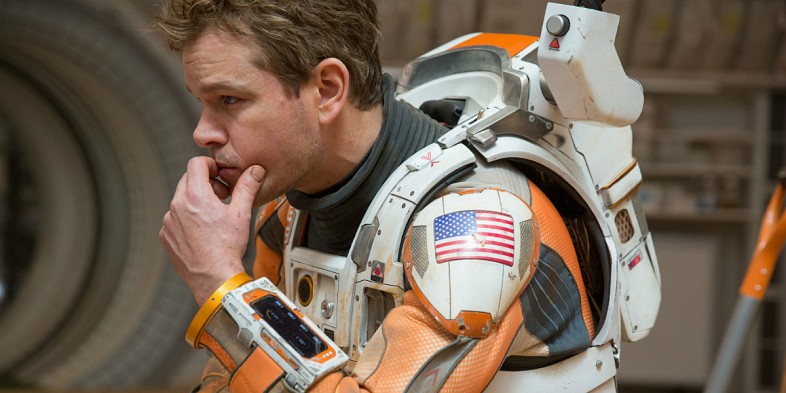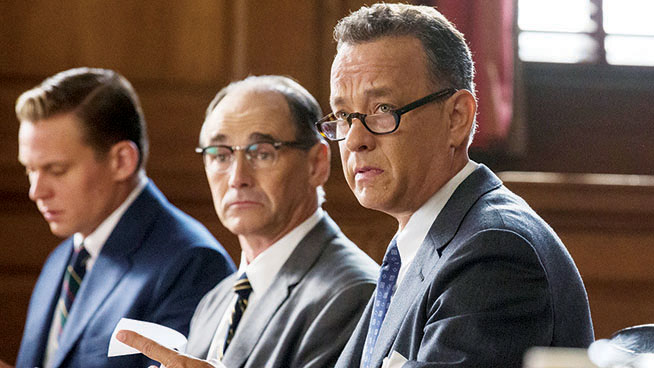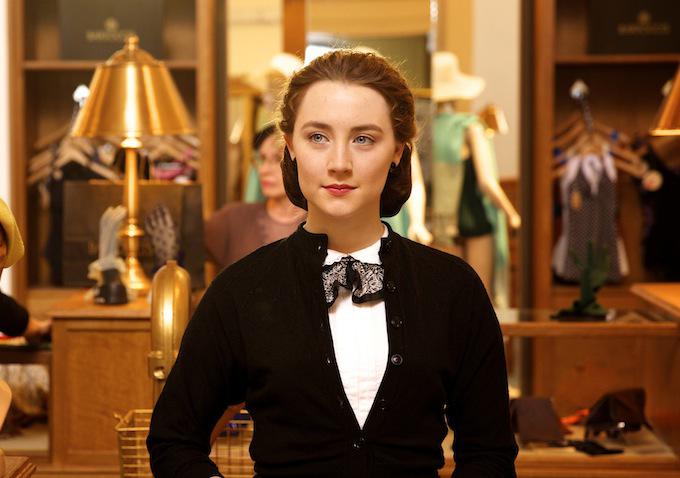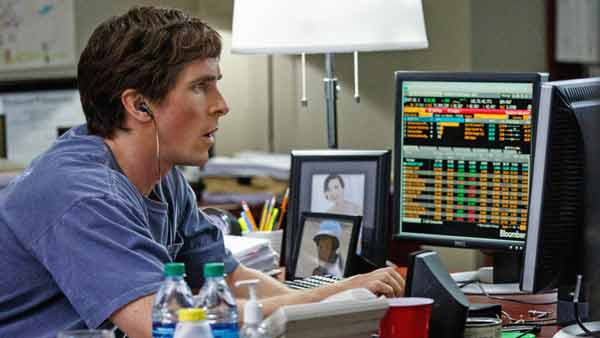
An experiment that was done here on Taste of Cinema was seeing how our staff would order the Best Picture nominees of the latest Oscars ceremony (check it out if you have not already). This poses an interesting study that can be fulfilled: why don’t we take this approach to every year of the Oscars? It would be intriguing to see how spot-on or way-off the Academy has been.
Another aspect that can be tossed in to make things even more interesting is to work backwards; this allows us to work with the fresh and familiar films, and slowly work our way into older territory, which 1) will introduce works to those who are wanting to open up more with their film collection, and 2) will let us see how well films have aged (even ones from not too long ago).
Starting with the 2016 Oscars (which pertains to films from 2015), we have eight nominees that rank from decent to exemplary. We were lucky with this year, because all eight films are at least watchable (we will get into worse territory as we continue this experiment).
While not every great film that year was featured (some that come to mind include “Anomalisa,” “Carol,” “Ex Machina,” “Inside Out,” and then some), we do have a great range of films in terms of genre and style; everything from comedy and action to thriller and as close to arthouse as we can get with a Best Picture nominee (not very, but we can’t be too picky). Here are the eight Best Picture nominees of 2016 ranked.
8. The Martian

Out of all of the no brainers that came from the selection of films here, this one was the most obvious: “The Martian” simply is the lowest film on this list. Do not get me wrong: Ridley Scott’s return to sci-fi is not a bad film. In fact, parts of “The Martian” are greatly entertaining; you have a larger amount of comedy than I think all of us bargained for, and you have very likeable leads (commanded by Matt Damon’s optimistic botanist straggler).
I have watched every nominee here more than once aside from “The Martian,” and part of that is because there really is not much to revisit with this one. Since the film is light in tone the entire time, you really don’t feel any form of threat for Mark Watney. You will honestly believe he can make it out alive.
For a two-and-a-half hour film, being entertained is great to move things along; having a lack of danger, however, will make the trip only triumphant once. “The Martian” is smart and fun, but it’s one of those kinds of films that get lost in time after the campaign for awards season is finished.
7. Bridge of Spies

We can always expect Steven Spielberg to work his way into any Best Picture category, and sometimes the featured film feels completely out of place. “Bridge of Spies” is not one of those cases, but it also isn’t quite one of the strongest films of the year.
However, Spielberg’s direction works so well with the screenplay that Matt Charman and the Coen brothers put together. Spielberg’s enchantment blends together with the wit of the script, which results in the more magical moments of the film, including Mark Rylance’s magnetic take on Rudolf Abel.
Some parts of “Bridge of Spies” feel stronger than others (I personally found the film was a pair of bookends in terms of exhilaration: a terrific start and conclusion, but a slowed down middle core), and those moments will likely depend on the viewer.
These moments are anchored by the always-commanding Tom Hanks, and part of the appeal comes from you following his lead. Overall, “Bridge of Spies” has solid moments, a thirst for discovery, and an unpredictable charm to drive this story home.
6. Brooklyn

From here on out, I personally feel that the nominees are well deserved, and should not have been replaced by other films. “Brooklyn” is a loving film that has finely crafted what a romance story can be. John Crowley’s period piece is simple in story (an Irish immigrant is torn between her homeland and New York, as well as the two men who live in either place), yet so textured in how it is told.
Saoirse Ronan’s performance is highly likeable, as well as layered enough to seem authentic without having to constantly bowl you over with emotion. The colours on screen start off muddy, but start to get more rich with life when Ellis (Ronan’s character) starts to truly see the world around her; she garners an appreciation once she explores the world, for both places of old and of new.
The film is funny, candid, sweet, and heartwarming. The opposite can be said as well, as “Brooklyn” dives into some chilling territory whilst being tasteful with the darker moments. “Brooklyn” is love done right, because love was clearly a large part of the production (and from every angle).
5. The Big Short

The older this film gets, the more I enjoy it. “The Big Short” is risky in so many ways. First, it’s a drastic first for Adam McKay (well known for his sillier works like “Anchorman”), as the film tackles much more serious subject matters. That leads to the second point, where the screenwriters (McKay and Charles Randolph) decided to showcase a difficult subject matter (both in terms of traumatic viewing and a discussion that is hard to get across in a simple way): the economic crash of 2007.
There are three interwoven stories that focus on the very few people who saw the recession’s inevitable path heading straight toward the 99 percent. The beautifully concocted screenplay balances between so many feuding notions: the humour helps you up after you get knocked down by the dramatic parts, and the simplifying of the dense concepts gets you through the industry jargon with ease.
McKay utilizes clever notions (including celebrity cameos, the constant shattering of the fourth wall, and collages of pop culture sounds and images to paint the years being featured) to pull you in, and these moments never feel like niches that overstay their welcome. “The Big Short” is inventive, clever, and as tragic as it is hilarious.